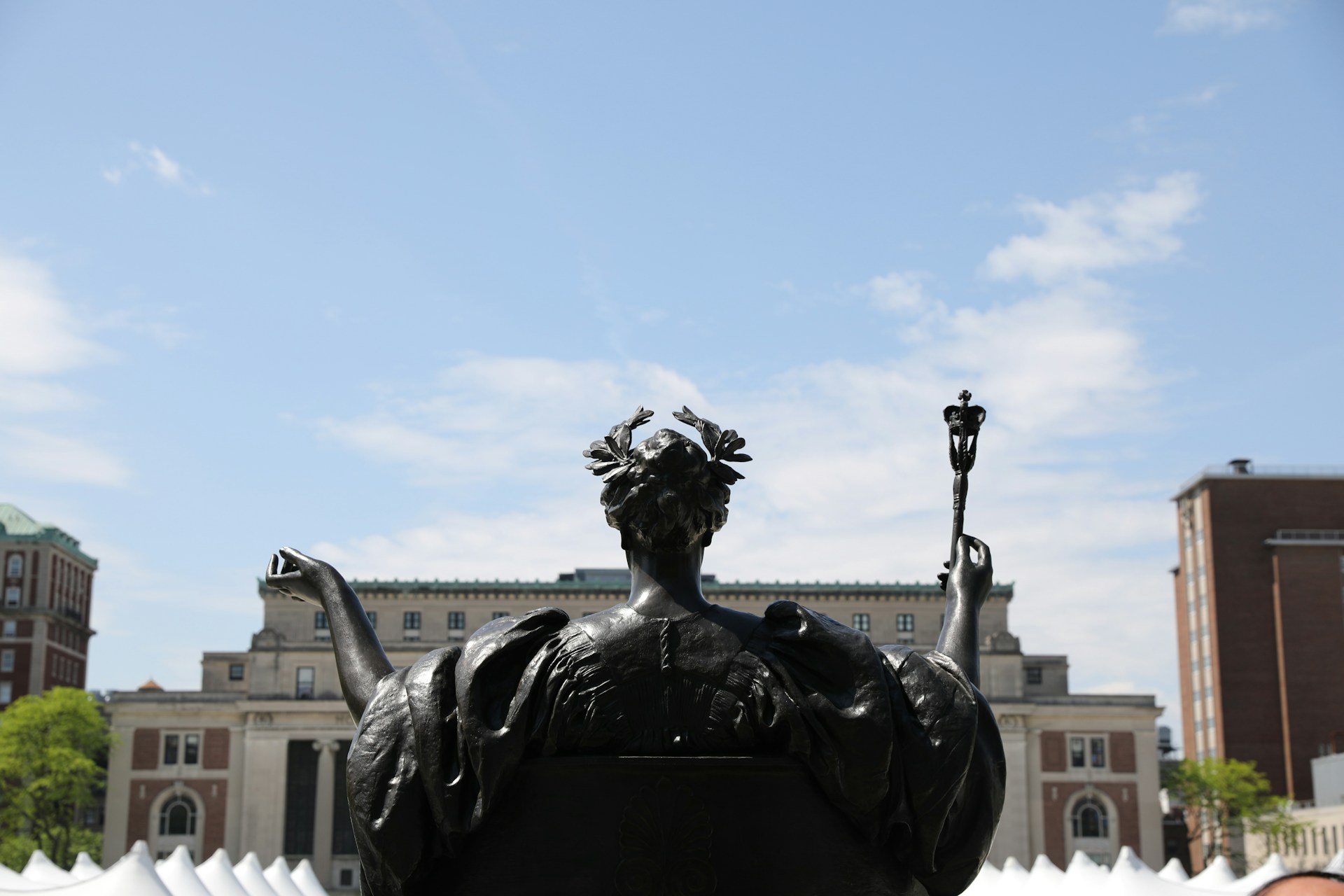Columbia University has agreed to a substantial settlement of over $200 million to resolve multiple federal investigations initiated by the Trump administration. These probes were focused on the university’s handling of student protests and its response to allegations of antisemitism and harassment against Jewish and Israeli students during pro-Palestinian demonstrations in 2024.
As part of the settlement, Columbia University will regain access to significant federal funding, previously suspended due to the investigations. This includes around $400 million, which is vital to the university’s ongoing projects and academic initiatives. Additionally, Columbia will pay $21 million to resolve related claims under the U.S. Equal Employment Opportunity Commission.
The agreement also requires Columbia to adopt several substantial changes, including a thorough review of its Middle Eastern studies curriculum and the elimination of race-based preferences in admissions and hiring. The university will also dismantle its Diversity, Equity, and Inclusion (DEI) programs and impose disciplinary actions on students who participated in disruptive protests.
While the settlement aims to restore the university’s federal funding and resolve the investigations, it has sparked significant debate. Critics, particularly pro-Palestinian activists, argue that the agreement compromises academic freedom and the right to protest. They view the concessions as politically motivated, undermining the university’s independence in addressing social issues.
On the other hand, some have criticized the Trump administration for its focus on combating antisemitism while not addressing accusations of Islamophobia amidst the ongoing tensions over U.S. support for Israel’s military operations in Gaza.
This case highlights the growing intersection between federal policies and academic institutions, raising important questions about the limits of government influence in shaping university policies. The resolution could set a significant precedent for future interactions between the government and educational establishments, particularly regarding their role in social and political activism.


